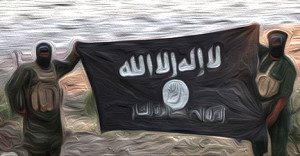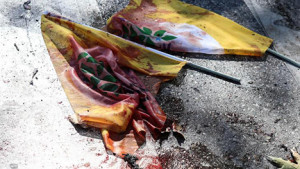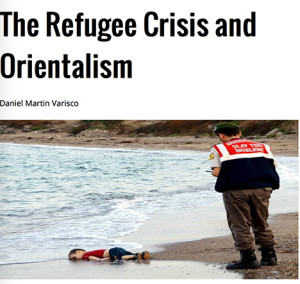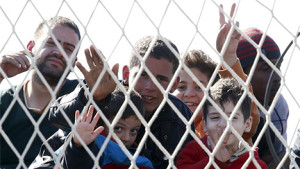Clamping down with law and order will not be enough
by Thomas Piketty, Le blog de Thomas Piketty, Le Monde online, November 24, 2015
Confronted with terrorism, the response must involve security measures. We must hit Daech and arrest those who are members. But we must also consider the political conditions of this violence, the humiliation and the injustices which result in this movement receiving considerable support in the Middle East and today gives rise to murderous vocations in Europe. In the long run, the real issue is the establishment of an equitable model for social development both there and here.
One thing is obvious: terrorism thrives on the inequality in the Middle-East which is a powder keg we have largely contributed to creating. Daech – the Islamic State of Iraq and the Levant (ISIL) –is a direct consequence of the break-up of the Iraqi regime and more generally, of the collapse of the system of frontiers set up in the region in 1920. After the annexation of Kuwait by Iraq in 1990-1991, the coalition powers sent their troops to restore the oil to the emirs – and to the Western companies.
In passing, we started a new cycle of technological and assymetrical wars (a few hundred dead in the coalition forces in the ‘liberation’ of Kuwait, as against several thousand on the Iraqi side). This approach was pursued to the limit during the second war with Iraq, from 2003 to 2010: roughly 500,000 Iraqi dead as compared with 4,000 American soldiers killed; all this as revenge for the 3,000 who died on 11 September despite the fact that they had nothing to do with Iraq. This reality, compounded by the extreme asymmetry of loss of lives and the absence of any political way out of the Israeli-Palestinian conflict, is used today to justify all the abuses perpetrated by the Jihadists. Let us hope that France and Russia, who have taken over after the American fiasco, will do less damage and generate fewer vocations. Continue reading Combatting ISIS/Daesh







